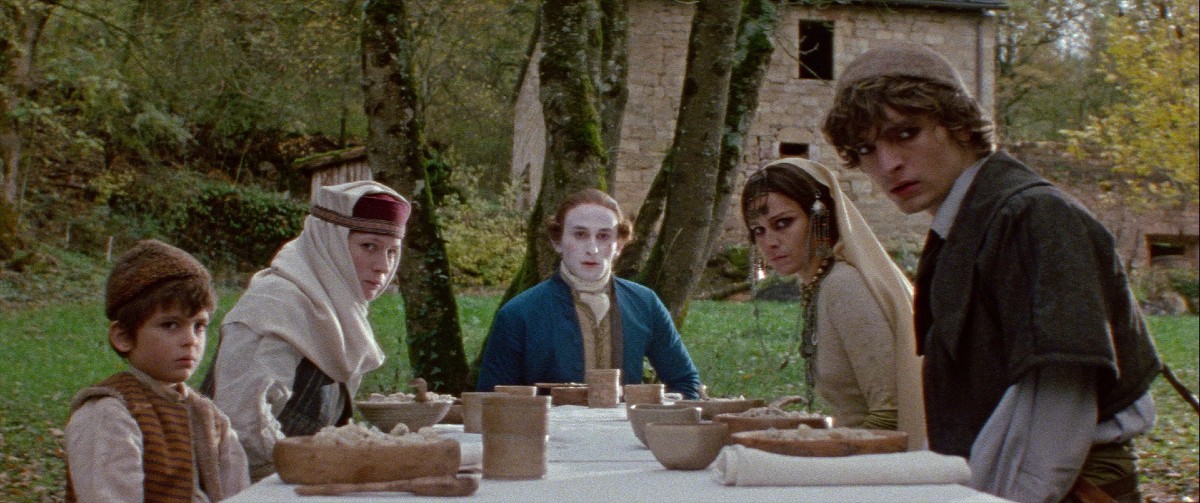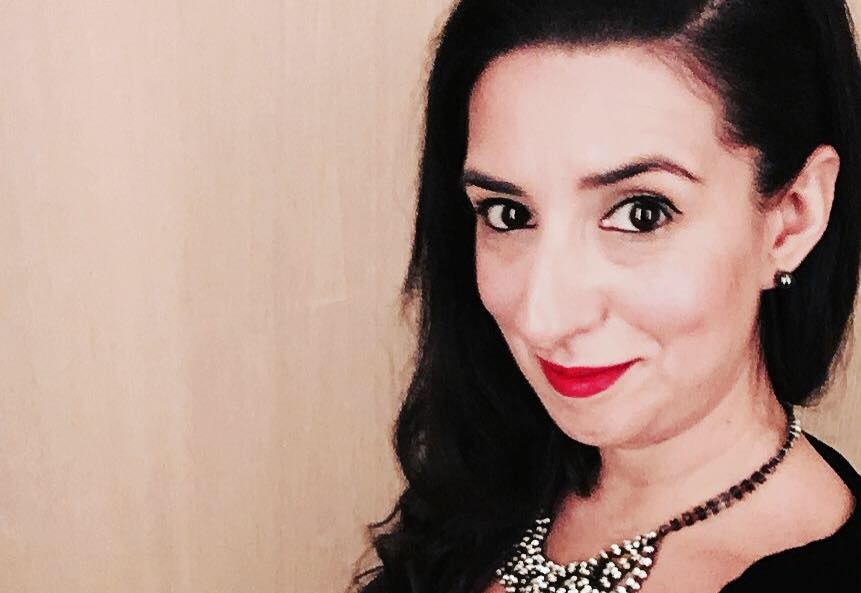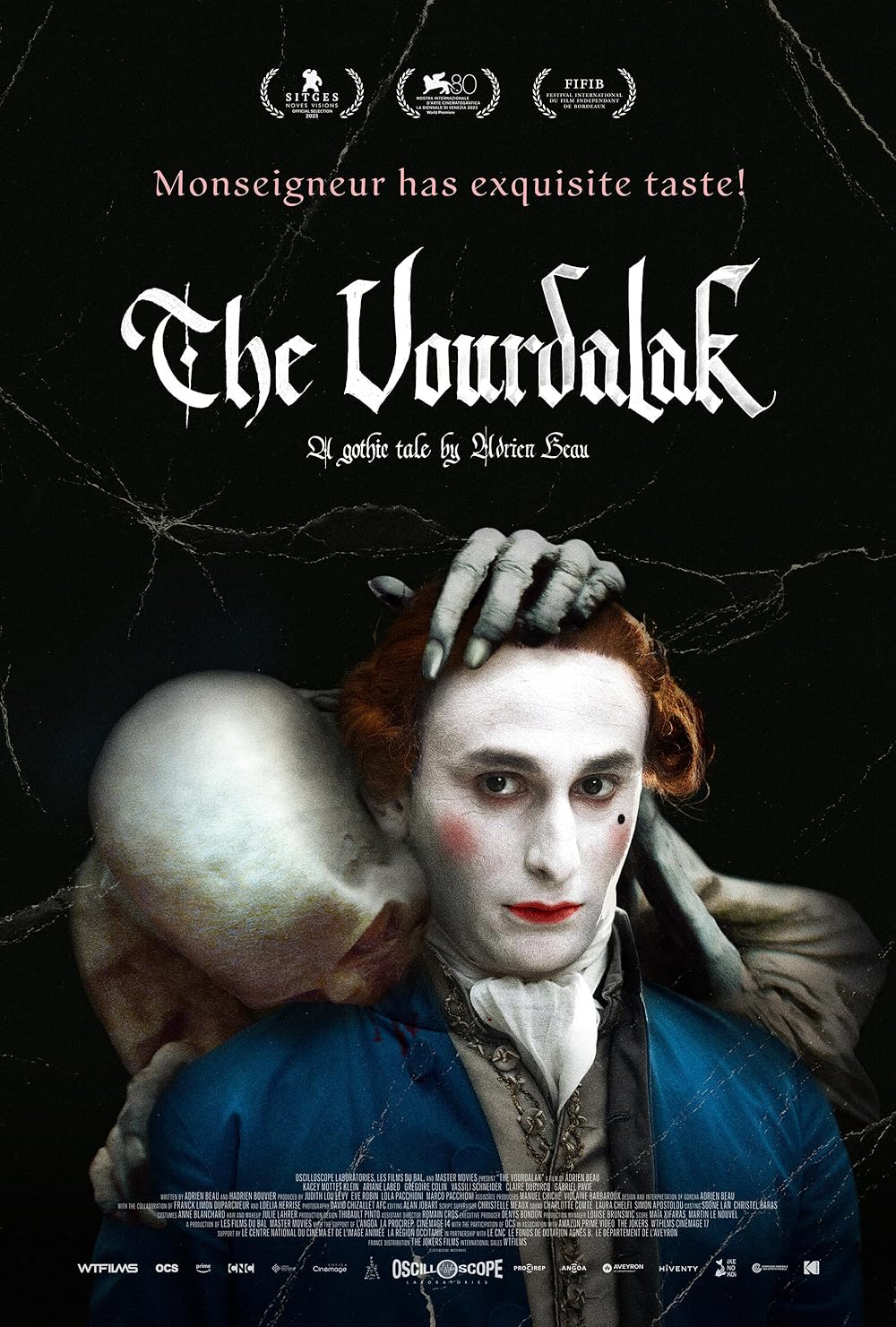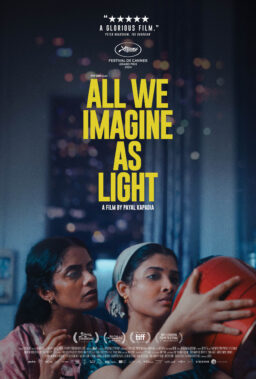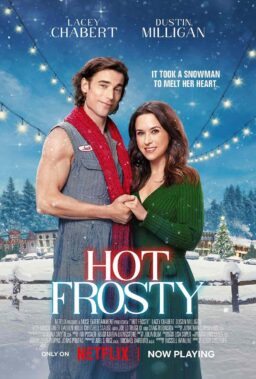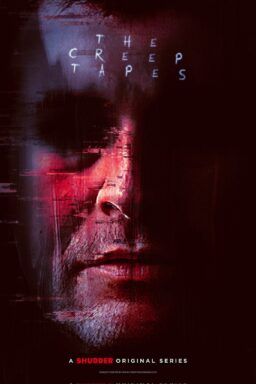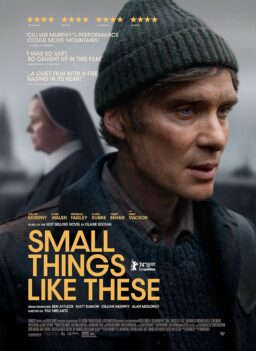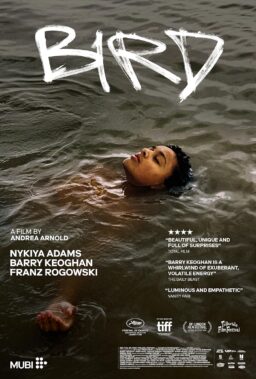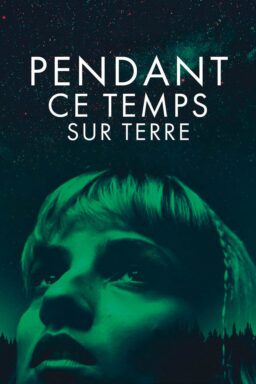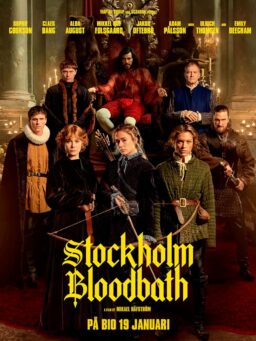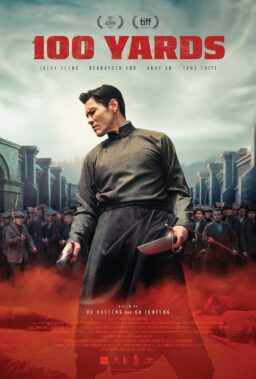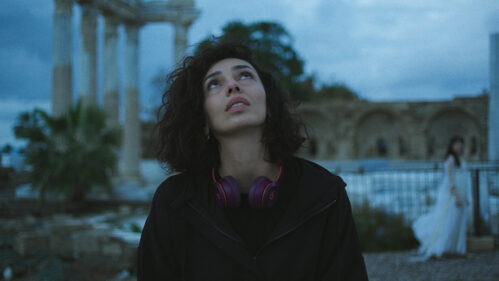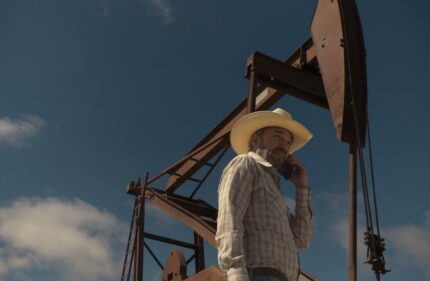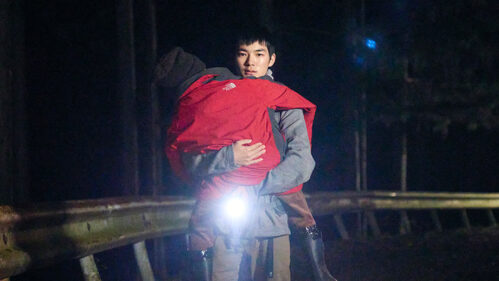A proudly old-fashioned Gothic fable with grain and grit, the delectable "Vourdalak" is swift to announce in its early moments that we are in the hands of a skillful stylist.
It's pitch black and stormy when the tale begins. There is a knock on some door by a fearful man whose face we don't see at first. Whatever we don't see, filmmaker Adrian Beau telegraphs in a cheeky duel of light and shadow every time a loud thunder interrupts the man's pleas to be let in, and reflects his silhouette on the door. That pulsating reflection is enough to know that he's donned an unmistakably aristocratic hat, and that "Vourdalak" is here to have some fun with such visual clues and tricks in its horror-adjacent cosmos.
The man in question is—well, brace yourself for the amusing mouthful—Marquis Jacques Antoine Saturnin d'Urfé (an endearingly gentlemanly Kacey Mottet Klein), an emissary to the King whose traveling coterie has been robbed and murdered, perhaps by Turks, or some other tribe. Eventually, an isolated manor in the countryside shows mercy and takes him in. Except, that doesn't exactly prove to be in d'Urfé's best interest, to say the least.
A former designer for John Galliano and Christian Dior and a frequent agnès b. collaborator with two playful shorts under his belt, Beau nods to the likes of Mario Bava and the Hammer House horror catalogue with "Vourdalak," adapted by Beau and Hadrien Bouvier from an Aleksey Tolstoy (aka, the other Tolstoy) novella. Tolstoy's short story, "La famille du Vourdalak," predates Bran Stoker's Dracula by nearly half a century, mind you. And its essence was formerly captured by Bava himself in his 1963 horror anthology, "Black Sabbath." But Beau nonetheless gives the legend a new life (and death), conjuring up an eerie mood in Super 16 that tickles those vintage horror sensibilities with poise and panache. In that, your viewing would gain a great deal of thrill in a movie theater amongst like-minded genre enthusiasts with a thirst for something friskily ghoulish. If that isn't an option, then this critic heartily suggests that you save "Vourdalak" for the nighttime and dim your lights to soak in its atmosphere.
That's how the home of Gorcha (where Marquis d'Urfé has taken sanctuary at) and its dewy and foggy surroundings would best be appreciated. And those chiaroscuro dwellings are occupied by a clan no less uncanny: Gorcha's sons Jegor (Grégoire Colin), Vlad (Gabriel Pavie) and Piotr (Vassili Schneider), Jegor's wife Anja (Claire Duburcq) and Gorcha's daughter Sdenka (Ariane Labed), that Marquis d'Urfé is visibly fond of. When they take in Marquis d'Urfé and feed him several bowls of questionable mush, they've been without Gorcha for a few days already, as their patriarch has been gone to hunt down and kill the Turkish leader, Alibek, in an act of vengeance. The saga goes like this: if Gorcha doesn't return, then he's been killed. But if he does return after six days, he will live the rest of his days as a vourdalak, a vampiric creature that will gladly devour his kinfolk.
Well, Gorcha does return, and the marionette that stands in as the "The Vourdalak"—gloriously voiced and agilely handled by Beau—is simply the stuff of nightmares. But the creature's design comes with a certain sense of humor, too: over the top like a brute from a Grimm tale or a budget horror flick from the ‘80s. (It's an ingenious move on Beau's part to avoid fancy special effects.) It wouldn't be fun to spoil some of the beast's best moments, but let's just say that a certain deliciously twisted sex scene in "The Vourdalak" will be among the year's most memorable sequences.
Despite clocking in at an economical 90 minutes or so, "The Vourdalak" does slow down in parts, making one wonder whether a short is stretched too thin to be feature length. But no matter—Beau confidently indulges in the tale's gore and heart, dissecting timeless familial dynamics on the side. In that, "The Vourdalak" is bloody, sharp-teethed, and one of the year's most surprising genre concoctions so far.
